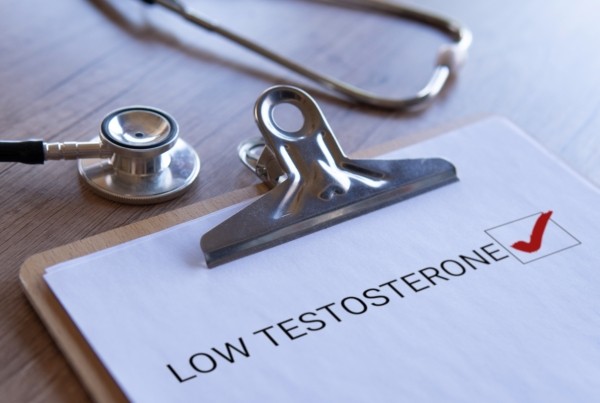Infertility is a journey shared by millions of couples worldwide, and it’s essential to understand that it can affect both partners. While women often take the spotlight, one third of infertility cases are attributed to the male, and 20% are due to a mix of both. If you and your partner have been trying to conceive for a year without success, it’s time to consider involving a urologist. But what are the specific signs that indicate a visit to the urologist is necessary?
Understanding Male Fertility
Before diving into when to seek a urologist, it’s important to understand the basics of male fertility. Several factors contribute to a man’s reproductive health, including sperm count, motility (sperm’s ability to swim), and morphology (sperm shape). Hormonal imbalances, infections, and underlying medical conditions can also impact fertility.
Unfortunately, many men fail to seek timely help. Juan J. Andino, MD, MBA, a urologist at the Department of Urology at UCLA Health who specializes in men’s health, sexual medicine, and male fertility, notes that stigma plays a big role in this. Sexual function and fertility are deeply personal but as Dr. Andino emphasizes, they are an important part of overall health. Fertility issues are often the result of other medical and chronic health problems silently putting men at risk.
Should I See a Reproductive Endocrinologist or a Urologist?
Deciding whether to consult a reproductive endocrinologist (REI) or a urologist for fertility issues can be confusing. While both specialists play crucial roles in treating infertility, their expertise differs.
Reproductive endocrinologists focus on hormonal imbalances and ovulatory disorders that affect fertility. They are often the first point of contact for couples experiencing infertility. If male factors are suspected to be contributing to the infertility, the REI may refer the male partner to a urologist for further evaluation.
Urologists specialize in the male reproductive system. They diagnose and treat conditions such as erectile dysfunction, low sperm count, varicocele, and other urological issues that can impact fertility.
In many cases, involving both an REI and a urologist is essential for comprehensive fertility care. Ultimately, the decision of which specialist to see first depends on the specific concerns.
When to Consult a Urologist
While it’s natural to feel anxious or overwhelmed when facing fertility challenges, knowing when to seek professional help is vital. If you’re still struggling to take this step, you can start with an at-home sperm test. The YO Home Sperm Test kit provides you with insight into your motile sperm concentration. While at-home testing is not an alternative to seeking expert help, it can provide you with valuable information which you can then share with your doctor. Here are some common indicators that it’s time to consult a urologist:
- If you and your partner have had unprotected sex for a year (six months, if your partner is over 35) without achieving pregnancy
- Erectile dysfunction, painful ejaculation, or low libido, all of which can be indicative of underlying fertility issues
- If you’ve experienced changes in semen volume, color, or consistency, or if you suspect any abnormalities
- A history of conditions such as testicular injury, cancer, mumps orchitis (inflammation of the testicles), or sexually transmitted infections
- If you’re concerned about the impact of medications on your fertility
- Varicocele, a condition characterized by enlarged veins in the scrotum
If you have any concerns about your fertility, regardless of the above factors, don’t hesitate to seek advice from a urologist. Early intervention can improve your chances of successful conception.
Conclusion
Seeking help for fertility issues can be a daunting step, but it’s essential, not only for your family building aspirations, but also for your overall health. Remember, you’re not alone, and with the right guidance and support, you can overcome fertility challenges.







